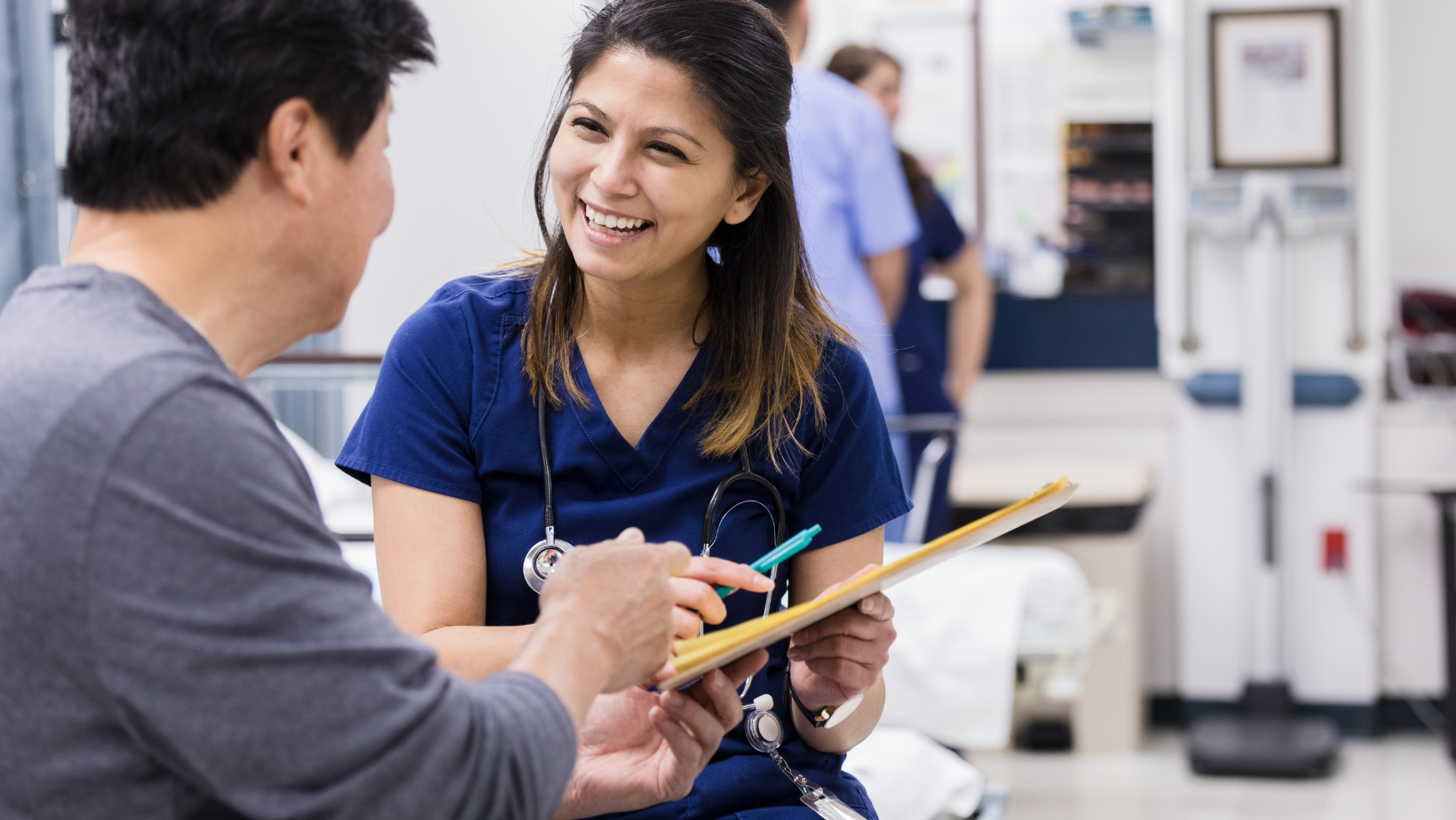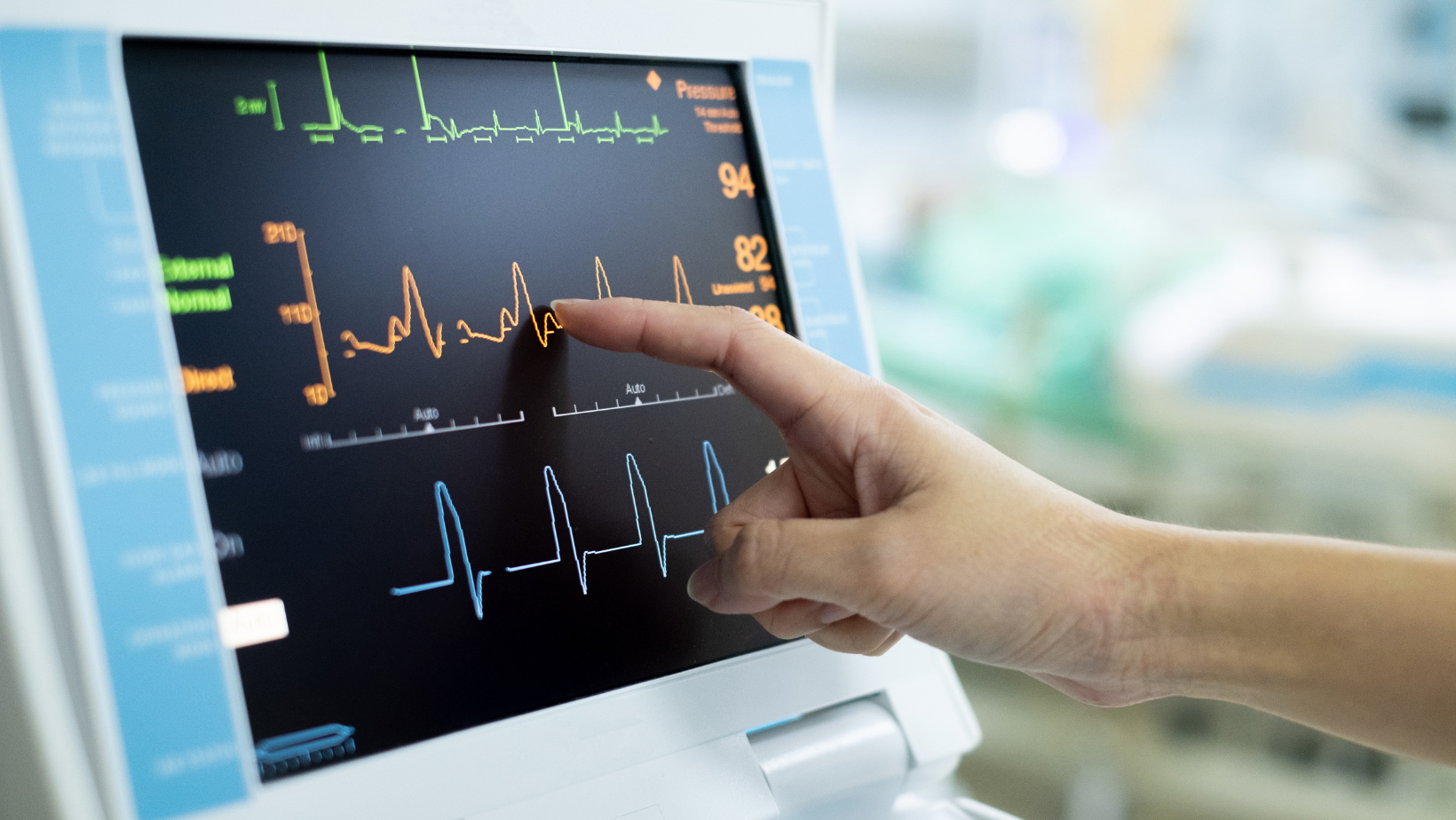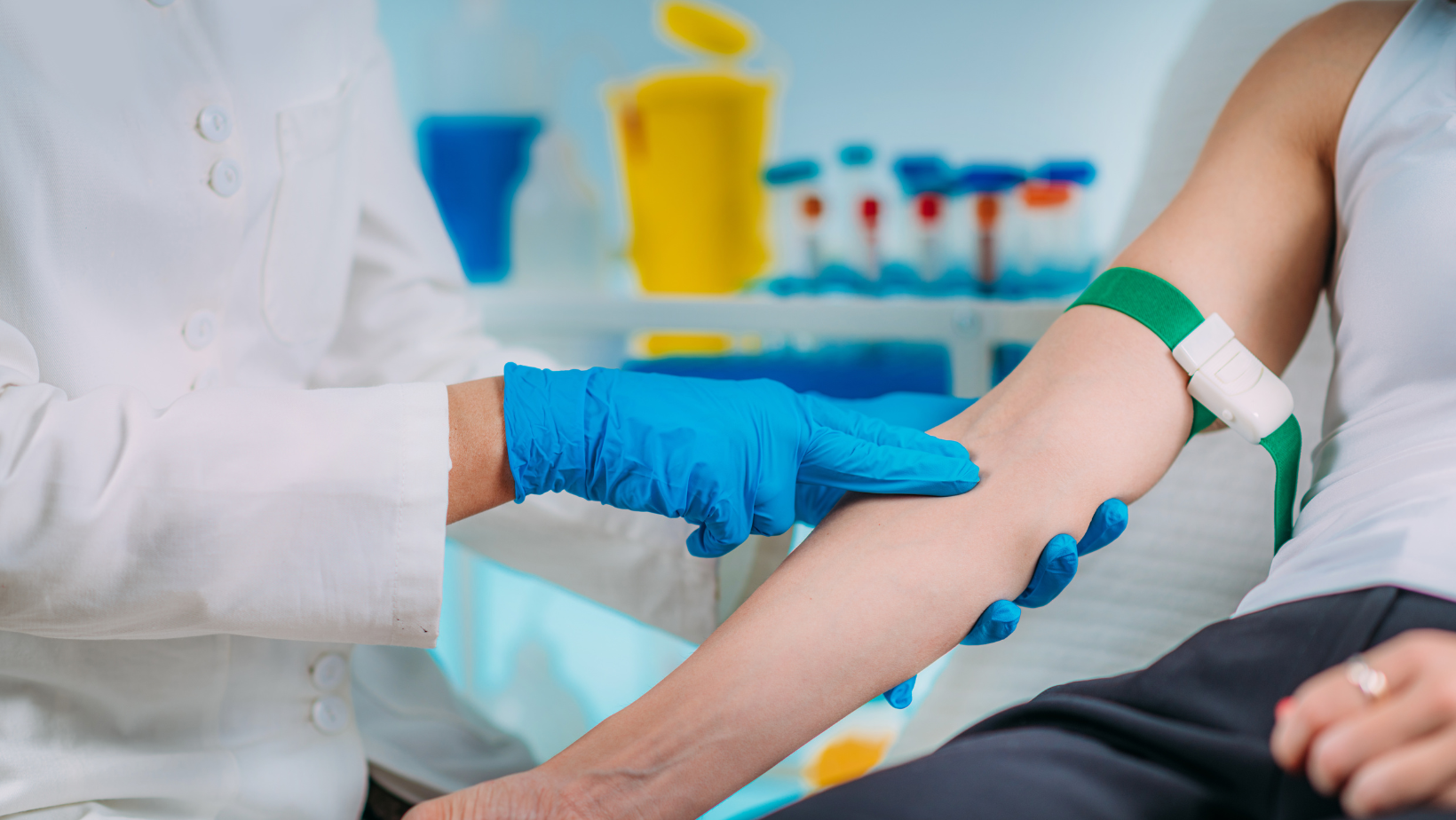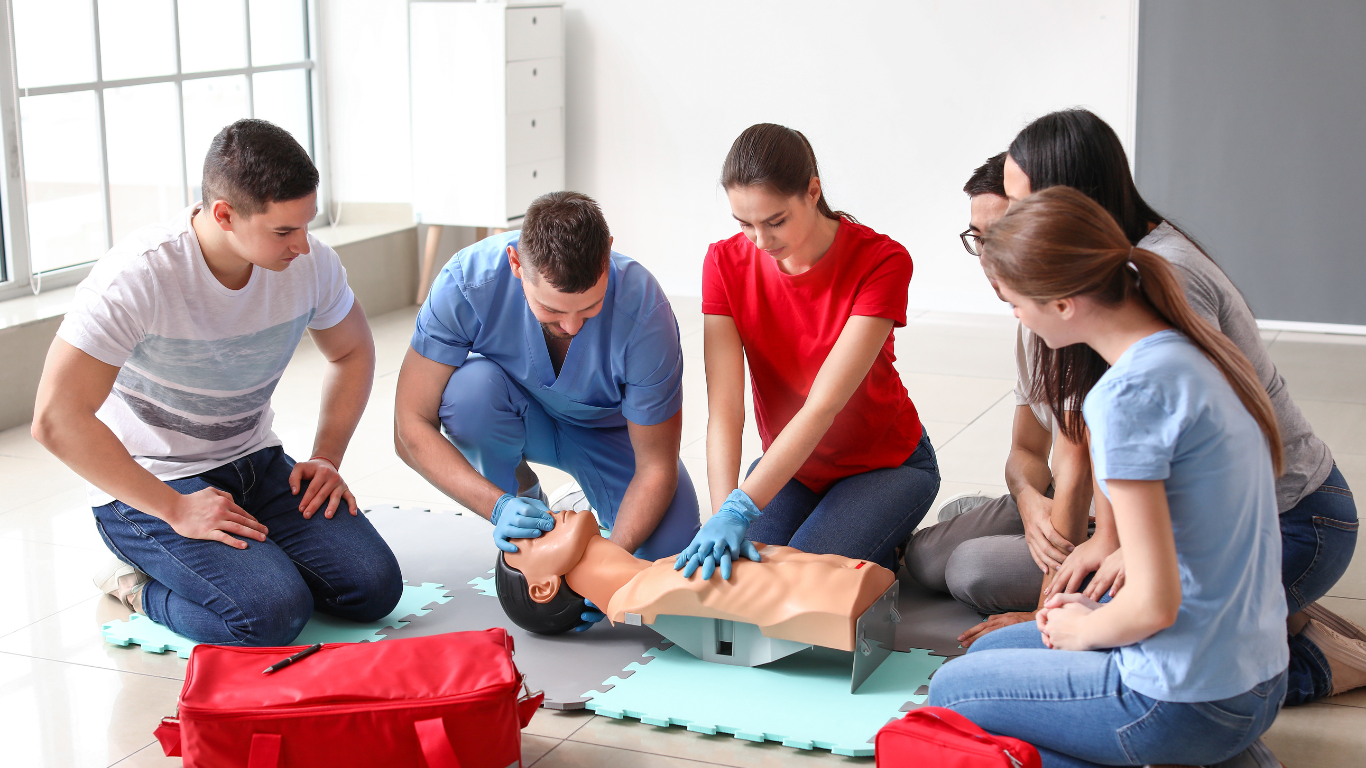 Externship Opportunities
Externship Opportunities
Patient Care Associate

The average Patient Care Associates (previously known as Patient Care Technicians) salary in New York, NY is $42,297 and the salary range typically falls between $36,852 and $47,295. The BLS reports that PCTs can expect a growth in demand of 17% from 2014 to 2024, which is much faster than the average for most other professions.
Patient Care Associates are multi-disciplinary technical workers trained to provide basic nursing assistant care as well as other skilled functions. Hospitals, Nursing Homes, Clinics, Labs and Doctors' Offices all employ Patient Care Technicians. The disciplines included in the program at Queensborough Community College include six core competencies in CPR (AHX100), Standard First Aid (AHX183), EKG (AHX170), Phlebotomy (AHX171), Medical Terminology for Allied Health Programs (AHX-179), and Certified Nursing Assistant (NUX200).
The disciplines included in the program at Queensborough Community College include Five core competencies:
- CPR- Basic Cardiac Life Support(AHX100) $175--(Must be AHA CPR certification) (8-hour American Heart Association for health care provider and professional rescuer, which includes adult, child, infant CPR, rescue breathing, and use of AED (Automatic External Defibrillator) course)
- Medical Terminology & Body Systems (MBX 126) $600 (Pre-requisite for EKG and Phlebotomy)
- EKG Technician(AHX170) $1,150
- Phlebotomy Technician(AHX171) $1,375
- Certified Nursing Assistant (NUX200) $1,650
Total: $4,950
Certified Nursing Assistant can not be taken in the same semester as EKG and Phlebotomy.
After completing the program students can take the certification exam from the NHA and become a Certified Patient Care Associate (CPCA).
You can register for these classes as you go or call the office at 718-631-6343 to enroll in the Program!
There are 5 courses in this program

EKG Technician
Pre-/Co-Requisite:
AHX-100 Basic Cardiac Life Support (CPR)(Must be AHA CPR certification)
(8-hour American Heart Association for health care provider and professional rescuer, which includes adult, child, infant CPR, rescue breathing, and use of AED (Automatic External Defibrillator) course)
*or valid AHA certification in this courses.
Introduction to cardiac anatomy and terminology, recognition of cardiac emergencies, obtaining 12-lead ECG or EKG tracing and basic rhythm interpretation.
EKG technicians are in demand! EKG technicians work in physician's offices, hospitals, clinics, and other healthcare facilities and organizations. EKG technicians also work for insurance companies to provide data for health and life insurance policies. Similar to other growing healthcare professions, the demand for EKG technicians is expected to continue to grow substantially.
This program covers topics and processes critical to conducting and interpreting electrocardiograms (EKGs). To begin, learners will review the anatomy and physiology of the heart. From there, learners will go on to explore the technology used such as the EKG machine. Next, participants will learn how to interpret a rhythm strip. And finally, learners will discover the details of a myocardial infarction. Successful completion of this program will help prepare learners to perform the role of EKG technician.

Phlebotomy Technician
Pre-/Co-Requisites
AHX-100 Basic Cardiac Life Support (CPR)(Must be AHA CPR certification)
(8-hour American Heart Association for health care provider and professional rescuer, which includes adult, child, infant CPR, rescue breathing, and use of AED (Automatic External Defibrillator) course)
or valid AHA certification in this course.
Obtain the introductory skills to secure an entry-level position. Learn various methods of blood collection through venipuncture, capillary puncture and, existing intravascular devices. Emphasizes use of anticoagulants, the order of draw and, procedures for obtaining and processing specimens. Safety considerations for all health care professionals and patients discussed. Registrants should purchase stethoscope, B/P cuff and non-latex gloves.
The phlebotomist is a vital member of the clinical laboratory team, whose main function is to obtain patient's blood specimens by venipuncture and micro-collection for testing purposes. Phlebotomists are employed throughout the healthcare system including in hospitals, neighborhood health centers, medical group practices, HMO's, public health facilities, veteran hospitals, insurance carriers, and in other healthcare settings. The demand for phlebotomy technicians has increased substantially with the overall complexity of healthcare services and the risks of infectious disease. Current healthcare industry experts predict a 15% increase in phlebotomy jobs by 2024.
This program prepares learners to collect blood specimens from clients for the purpose of laboratory analysis. Learners will become familiar with all aspects of blood collection and will review the skills needed to perform venipunctures safely. Topics in this course include medical terminology, related anatomy and physiology, blood collection procedures, and procedures for collection of other types of specimens within the scope of practice of the phlebotomist.
Textbook-
Hartman's Complete Guide for the Phlebotomy Technician, 2e
ISBN 978-1604251654
Workbook-
Workbook for Hartman's Complete Guide for the Phlebotomy Technician 2e
ISBN 978- 1604251661

Certified Nursing Assistant (CNA): NYSED Certification
Weekday, Weeknight and Weekend schedules available
Usually
Weekday Schedules:
Monday, Tuesday, Wednesday and Thursday 9:00AM - 1:00PM
Weeknight Schedules:
Tuesday, Wednesday, Thursday
6:00 PM - 10:00 PM
Weekend
Fridays 6pm - 10pm and and Sat/Sun 10am - 2pm
See schedule below for specific days and time
The increase in longevity and the recent changes in the health care system have created an increased need for educated and skilled Nursing Assistants. This program gives students an excellent opportunity to acquire the necessary occupational skills required for C.N.A.s. The CNA profession is ideal for people seeking flexible hours working in nursing homes, hospitals, doctors' offices and health care facilities. The program includes anatomy and physiology, fundamentals of patient care and clinical experience in a residential health care facility. Screen reader support enabled.
Pre-/Co-requisites:
Basic Cardiac Life Support (AHX-100), also known as CPR
(8-hour American Heart Association for health care provider and professional rescuer, which includes adult, child, infant CPR, rescue breathing, and use of AED (Automatic External Defibrillator) course)
High School Diploma or GED/HSE
US Citizenship or Legal Working Permits(Social Security Number).
The NYS Department of Health now requires that Certified Nursing Assistant (CNA) candidates take an additional online training program: the Affirming Care for Older LGBTQIA+ Individuals Training.
This program is available through NYS's Department of Health's Learning Management System. After registering, students can locate the program by conducting a catalog search and typing "Affirming" in the search function. When the course is completed, the registered user will receive a confirmation certificate that should be emailed to the instructor. To locate your certificate log in to your account, got to my courses and look for a drop down menu on the right side of the page and select completed course to see and download your certificate.
This course must be completed prior to the CNA final with no exceptions.
The following is required prior to the start date of clinical externship:
- Copy of physical examination (within the last 6 months);
- Updated immunization data: PPD, MMR, Tdap;
- COVID card (2-3 vaccinations);
- Flu vaccine (current);
- Titer vaccinations: Varicella, HepB; and
- CPR Certification Card
These documents must be presented to the instructor at the time of in-person skills labs on campus, and then again on the start date of the externship.
**Employment opportunities with New York City HealthPlus Hospitals**
Patient Care Technician
Median Salary
The median salary in the New York metropolitan area is $44,280, in New York State $45,300, and $37,700 in the United States*.
Get StartedAlso called Patient Care Assistant (PCA), Patient Care Technician (PCT), Patient Transporter and Transporter
*Based on U.S. Bureau of Labor Statistics Occupational Employment and Wage Statistics (USBLS OEWS)
🚪 Openings
New job opportunities are likely in the future.


